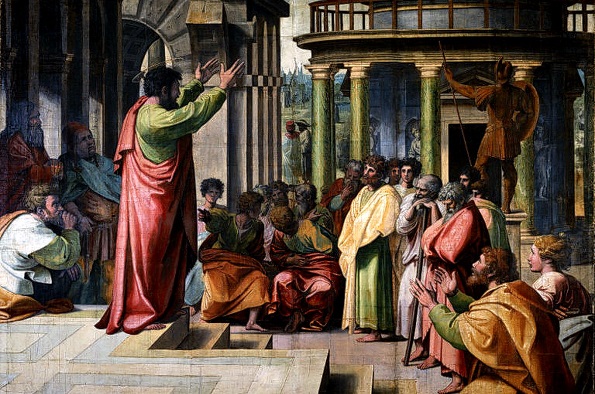
Classics and Ancient History Seminar Series: 'Religious pluralism in Antiquity: Herodotus, the Roman Republic and late Antiquity' (Prof. Jan Bremmer, University of Groningen)
Add this event to my calendar
Click on "Create a calendar file" and your browser will download a .ics file for this event.
Microsoft Outlook: Download the file, double-click it to open it in Outlook, then click on "Save & Close" to save it to your calendar. If that doesn't work go into Outlook, click on the File tab, then on Open & Export, then Open Calendar. Select your .ics file then click on "Save & Close".
Google Calendar: download the file, then go into your calendar. On the left where it says "Other calendars" click on the arrow icon and then click on Import calendar. Click on Browse and select the .ics file, then click on Import.
Apple Calendar: The file may open automatically with an option to save it to your calendar. If not, download the file, then you can either drag it to Calendar or import the file by going to File >Import > Import and choosing the .ics file.
In titles of books, the term ‘religious pluralism’ only takes off in 1980 after the publication of the British theologian and philosopher John Hick’s (1922-2012) famous study 'God Has Many Names: Britain’s New Religious Pluralism', surely the fruit of the secularising of British society. Since then, there has been an endless stream of books and articles with ‘religious pluralism’ in the title, but much less in the study of the ancient world, where we find it exclusively used, as far as I can see, by historians of Roman religion. Making use of our two concepts, I will start by looking at Herodotus’ view of Persian religion as an example of religious diversity (§ 1), then analyse the vocabulary of diversity in the Roman Republic and the early Principate (§ 2) and, finally, albeit of course only summarily, I will look at the place of diversity and pluralism in Late Antiquity (§ 3), followed by some final considerations.
